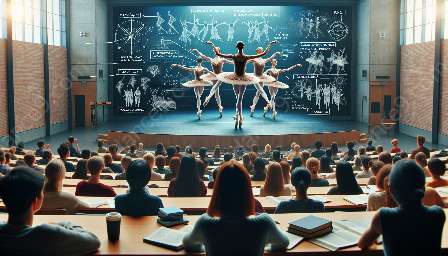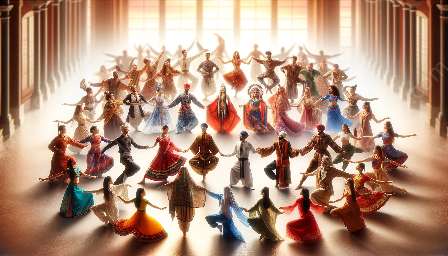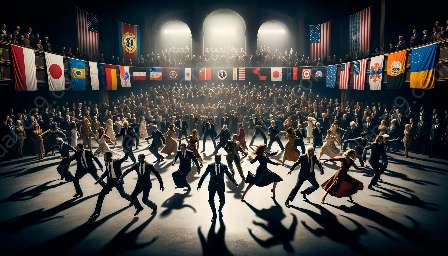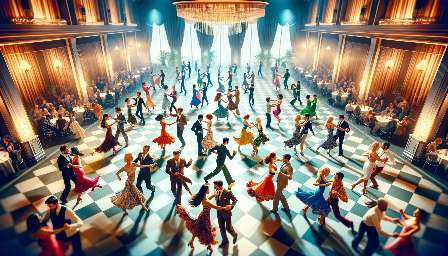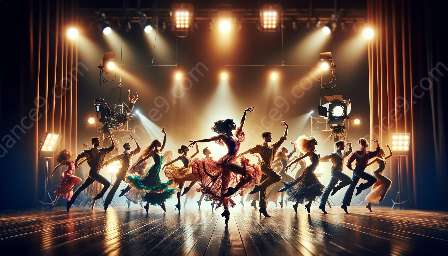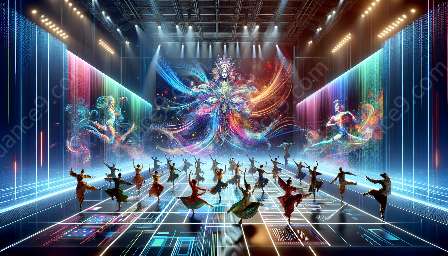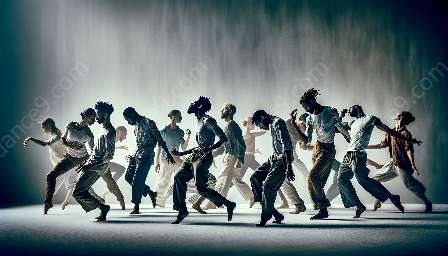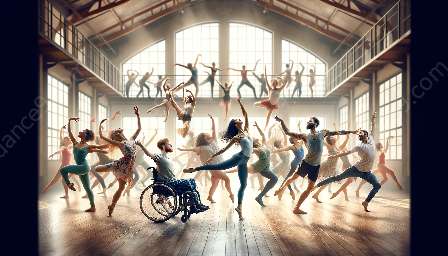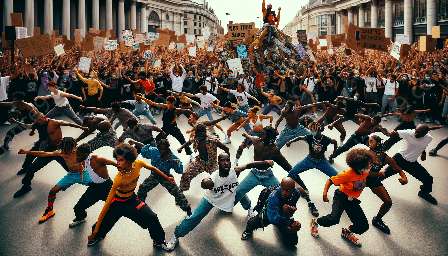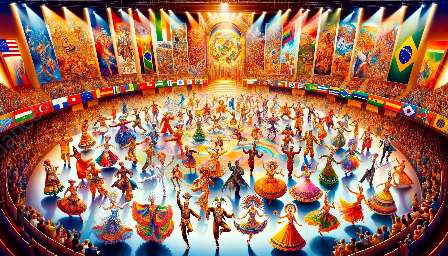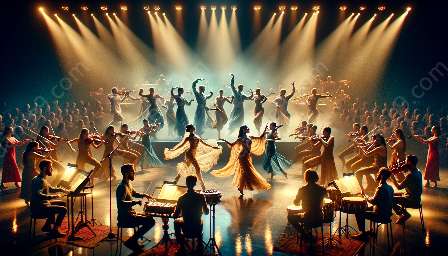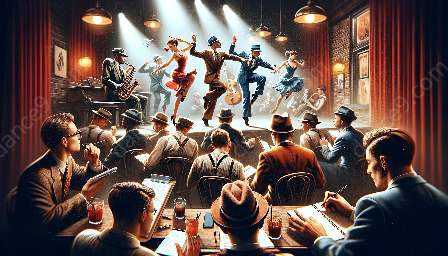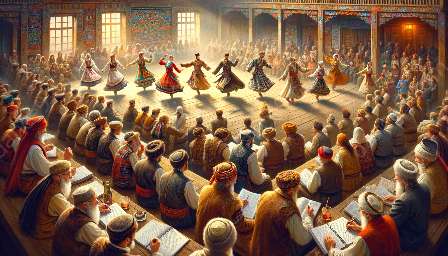Dance criticism and analysis are vital aspects of understanding and appreciating the art of dance. However, they are not without ethical considerations. In this discussion, we will explore the ethical considerations involved in dance criticism and analysis, delving into the impact on dance theory and criticism. We will examine the complex intersection of ethics and dance evaluation, shedding light on the intricate dynamics at play within the world of dance.
The Role of Ethical Considerations
When it comes to dance criticism and analysis, it is essential to consider the ethical implications of evaluating and interpreting a performance. Critics and analysts hold a certain degree of power in shaping public perception and influencing the career trajectories of dancers and choreographers. Therefore, it is crucial to approach this responsibility with consideration for the ethical impact of their words and assessments.
Respect for Artistic Integrity
One of the primary ethical considerations in dance criticism and analysis is the preservation of artistic integrity. Dancers and choreographers put their creativity and vulnerability on display through their performances. Critics and analysts must approach their assessments with a deep respect for the artist's intention and creative expression. This involves refraining from overly harsh or personal criticisms that may undermine the artist's work.
Transparency and Accountability
Ethical dance criticism and analysis demand transparency and accountability. Critics and analysts should strive to provide well-reasoned and balanced assessments while disclosing any potential conflicts of interest that may influence their opinions. This transparency fosters trust within the dance community and ensures that evaluations are conducted with integrity.
Cultural Sensitivity and Representation
Considering the diverse cultural landscape of dance, ethical criticism and analysis necessitate a deep understanding of different dance forms and traditions. Critics and analysts should approach works from various cultural backgrounds with cultural sensitivity and a commitment to representing the rich tapestry of dance traditions with respect and accuracy.
Impact on Dance Theory and Criticism
Understanding and integrating ethical considerations into dance criticism and analysis significantly impact dance theory and criticism. By aligning evaluations with ethical principles, critics and analysts contribute to the development of a more inclusive and empathetic discourse around dance. This approach elevates the quality of academic research and critical discussions within the field of dance theory and criticism, fostering a more ethical and respectful environment for all stakeholders.
Fostering Constructive Conversations
When ethical considerations are prioritized in dance criticism and analysis, the resulting discourse becomes more constructive and enriching. Rather than engaging in sensationalist or destructive critique, critics and analysts can steer conversations towards illuminating the nuances of a performance, encouraging thoughtful reflection and dialogue. This shift in approach enhances the overall quality of dance theory and criticism, fostering an environment conducive to elevating the art form.
Elevating Diverse Voices
Ethical dance criticism and analysis also play a pivotal role in amplifying diverse voices within the dance community. By embracing ethical considerations, critics and analysts can challenge historical biases and inequities, actively working towards representing a broader spectrum of dance practices and perspectives. This inclusivity contributes to a more robust and representative body of dance theory and criticism, enriching the field with diverse viewpoints and experiences.
The Intersection of Ethics and Dance Evaluation
At the heart of dance criticism and analysis, there exists a complex intersection of ethics and evaluation. Critics and analysts must navigate the ethical dimensions of their work as they engage in evaluating the quality and significance of dance performances. This intersection requires a thoughtful and conscientious approach that not only assesses technical proficiency but also honors the ethical responsibility inherent in evaluating art.
Balancing Objectivity and Empathy
Ethical dance criticism and analysis call for a delicate balance between objectivity and empathy. While it is essential to uphold standards of technical critique, critics and analysts must also approach their evaluations with empathy and understanding. This balance allows for a more holistic assessment that considers the emotional and cultural complexities embedded within a dance performance, leading to evaluations that are both rigorous and empathetic.
Advocating for Ethical Standards
The intersection of ethics and dance evaluation presents an opportunity to advocate for the establishment and adherence to ethical standards within the field. By championing the integration of ethical considerations into the evaluation process, critics and analysts contribute to a culture of ethical awareness and responsibility. This advocacy promotes a more ethical and equitable landscape for dance evaluation, benefiting artists, audiences, and the dance community at large.
In conclusion, exploring the ethical considerations in dance criticism and analysis offers valuable insights into the multifaceted relationship between ethics and dance evaluation. By prioritizing ethical principles, critics and analysts can significantly impact dance theory and criticism, fostering a more inclusive, respectful, and enriching environment for the appreciation and discourse of dance.

